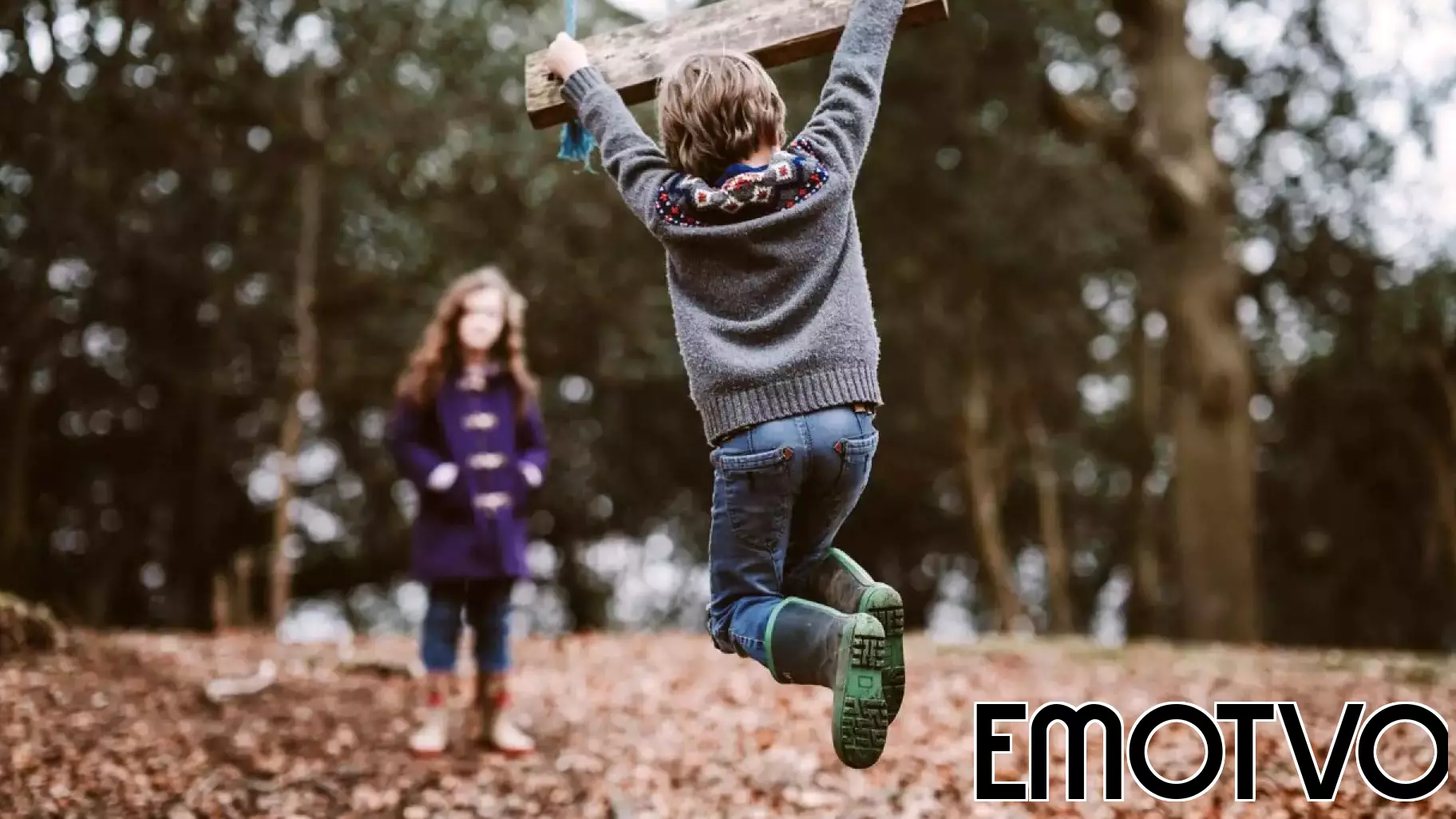Exploring the Understanding of Morality in Children and Adults
March 4, 2025 - 09:11

As an undergraduate psychology major at Pennsylvania State University, Larisa Solomon made a significant observation about the moral development of individuals. Her insights reflect a deeper inquiry into how both children and adults perceive concepts of right and wrong. Solomon's research suggests that moral understanding is not static; it evolves with age and experience.
Children often grasp moral concepts through direct experiences and social interactions. They learn to navigate complex moral landscapes by observing the behaviors of adults and peers, which shapes their understanding of fairness, justice, and empathy. In contrast, adults tend to have a more nuanced view of morality, influenced by broader societal norms, personal experiences, and cognitive development.
This ongoing exploration into moral psychology raises important questions about the factors that shape our ethical beliefs. Understanding these dynamics can help educators and parents foster environments that encourage moral reasoning and ethical behavior in both children and adults. The implications of this research extend beyond academia, offering valuable insights into how we can cultivate a more empathetic and just society.
MORE NEWS

February 21, 2026 - 01:54
Resilience and Reconstruction: What Now?The ongoing integration of over 100,000 displaced persons from Nagorno-Karabakh into Armenian society presents a profound contemporary case study in resilience, trauma, and social adaptation. This...

February 20, 2026 - 09:54
Frontiers | Relating physical exercise to “lying flat” among Chinese college students: the chain mediation of temporal focus and the sense of meaning in lifeA new study reveals a powerful antidote to the `lying flat` mentality gaining traction among Chinese college students: physical exercise. Faced with intense academic and social competition, many...

February 19, 2026 - 19:57
New Review Challenges the "Just-So Story" Critique of Evolutionary PsychologyFor decades, evolutionary psychology has been dogged by a persistent criticism: that its theories are unfalsifiable `just-so stories,` clever narratives about human nature that cannot be...

February 19, 2026 - 03:07
Holocaust survivor made MBE says ‘nothing can change’ without psychologyHolocaust survivor Lydia Tischler has been formally appointed as a Member of the Order of the British Empire in a ceremony at Windsor Castle. The honour recognises her decades of dedicated service...